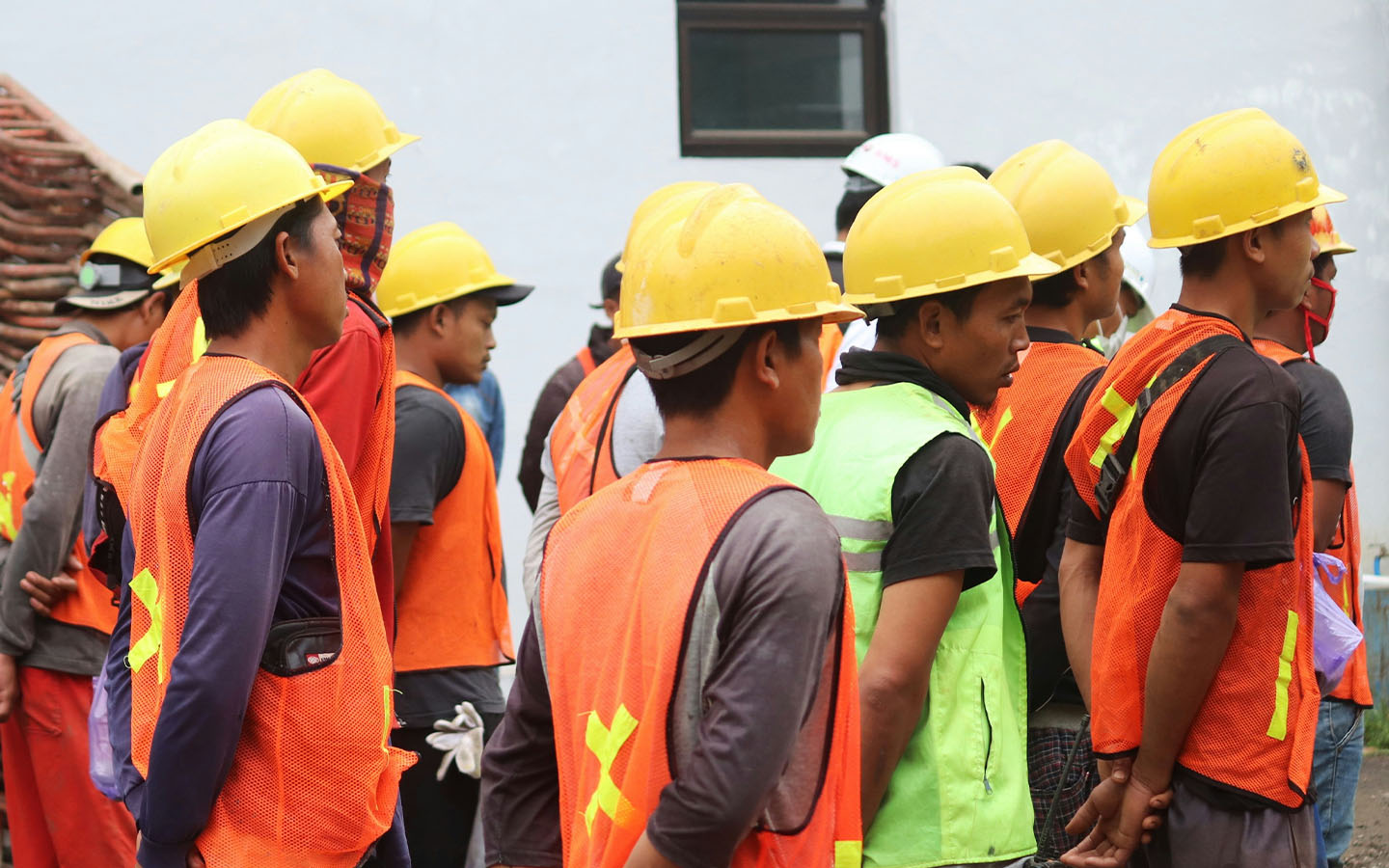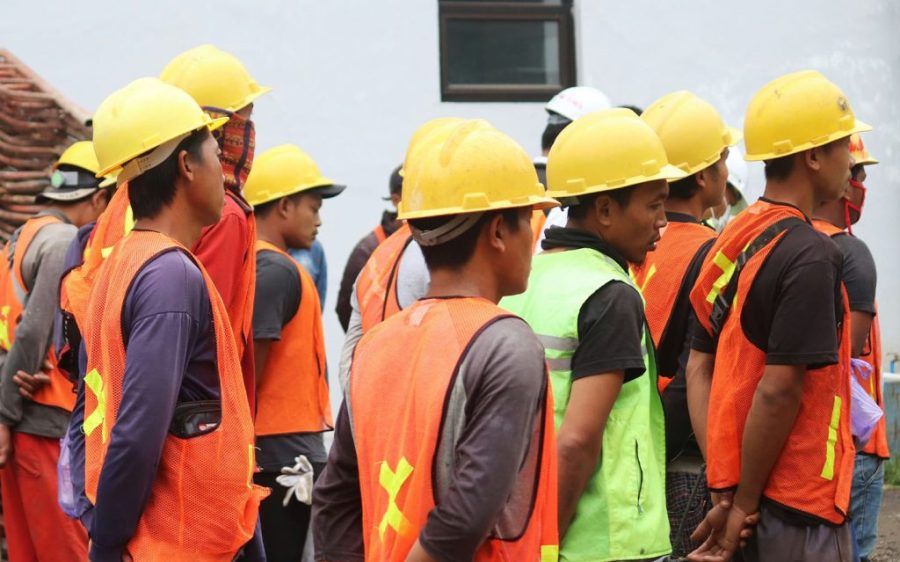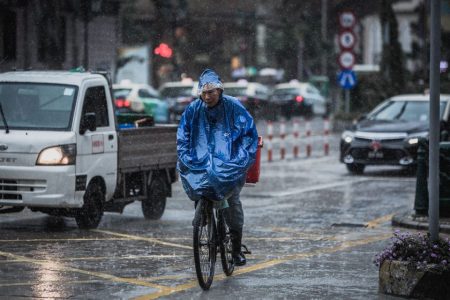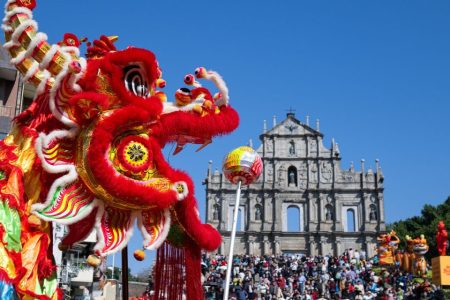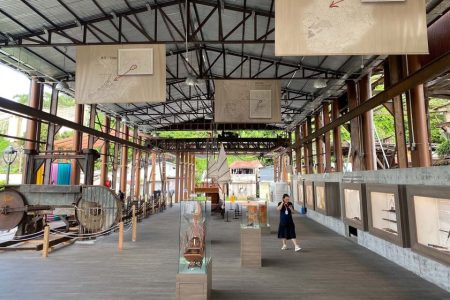Legislative amendments could soon prohibit non-resident workers from establishing trade unions in Macao, the Macau Daily Times reports. The ban is the recommendation of a Legislative Assembly standing committee reviewing changes to the city’s Trade Union Bill.
As the law currently stands, trade unions need a minimum of seven members. The proposed amendment stipulates that each founding member be a Macao resident, on the grounds that allowing foreigners to establish trade unions could endanger national security.
There were 177,561 foreign workers in Macao as of January this year, representing nearly 47 percent of the total labour force of 379,700.
[See more: ‘Unlawful, disorderly or disruptive’ trade unions will be banned]
While the bill does not propose barring non-residents from joining existing trade unions, one unnamed committee member cited by the Times argued that allowing foreigners to join unions could itself pose security risks.
According to the International Labour Organisation, a UN agency, “Migrant workers, regardless of their status, are first of all workers but above all human beings. As such, they have rights, including freedom of association – the right to form or join a trade union.”
The initial outline of Macao’s first Trade Union Bill passed in January 2023. Noticeably absent were workers’ rights to strike and engage in collective bargaining, common provisions in trade union bills elsewhere in the world. Committee chair Chan Chak Mo has argued that such provisions were not suited to local conditions.
[See more: The Philippine consul general calls for helpers to be covered by minimum wage laws]
Labour rights in Macao came under stiff criticism last year, from both the UN Committee on Economic, Social and Cultural Rights and the US State Department.
The UN committee found that workers in Macao were “not adequately covered by labour and social protection laws.” Washington, meanwhile, accused the local government of interfering “in the functioning of workers’ organisations”.
Officials in Macao have refuted the allegations.
